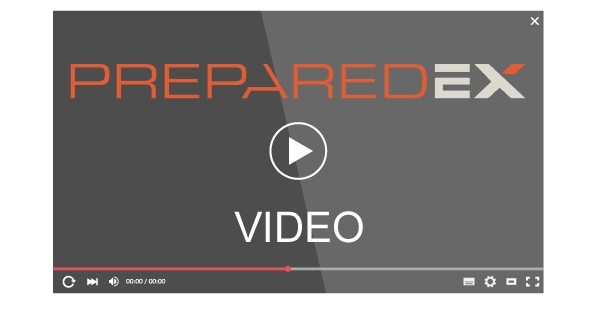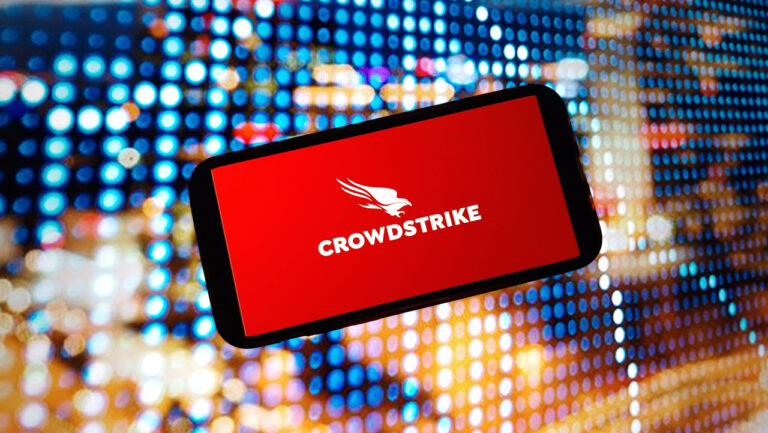Why We Exercise
For September’s Whiteboard Wednesday video series, Rob will be discussing all things crisis simulation exercises. In this 10th episode, Rob talks about why we exercise.


The Rising Threat of Deepfake Attacks In 2024, Arup, a global engineering consulting firm, fell victim to an elaborate deepfake scam. A finance employee participated in what appeared to be a legitimate video conference with the company’s CFO and other senior leaders. Unbeknownst to them, every participant—except the employee—was a deepfake, generated by cybercriminals using…

The Master Sequence of Events List (MSEL), is the primary document used to manage an exercise, to know when events are expected to occur, and to know when to insert injects (information) into the exercise. A summary version of a MSEL document can also be used to assist exercise facilitators in the monitoring and management of exercise…

Catching up with Rob Burton – California earthquakes, new PreparedEx content and more!

In the ever-evolving landscape of cybersecurity, incidents and disruptions are inevitable. Whether it’s a full-scale cyber attack or a simulated breach during a tabletop exercise, the critical response phase doesn’t end when the immediate threat is mitigated. What follows is just as crucial: the after-action reporting and remediation planning process. This phase involves a thorough…

In today’s environment, it is important that businesses prepare themselves for a crisis. There are many ways to do this, but one of the most overlooked ones is having a crisis management team in place. The five steps to creating a better prepared crisis management team starts with understanding the current capabilities from what training…

In the digital age, hospitals are not only centers of healthcare but also hubs of vast data and technology-dependent operations. The threat of ransomware—malicious software that encrypts files and demands a ransom for their release—poses a significant risk to the continuity of critical healthcare services. As a hospital crisis manager, I’ve seen firsthand the devastation…
Add your first comment to this post